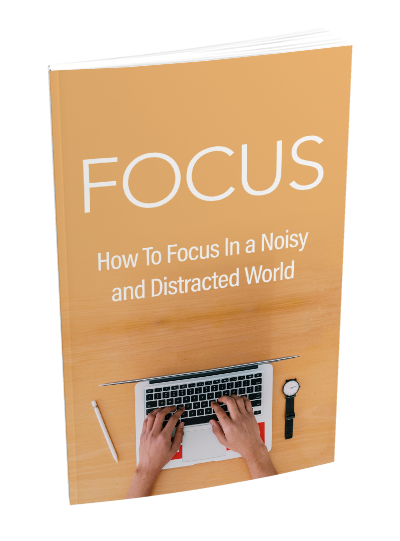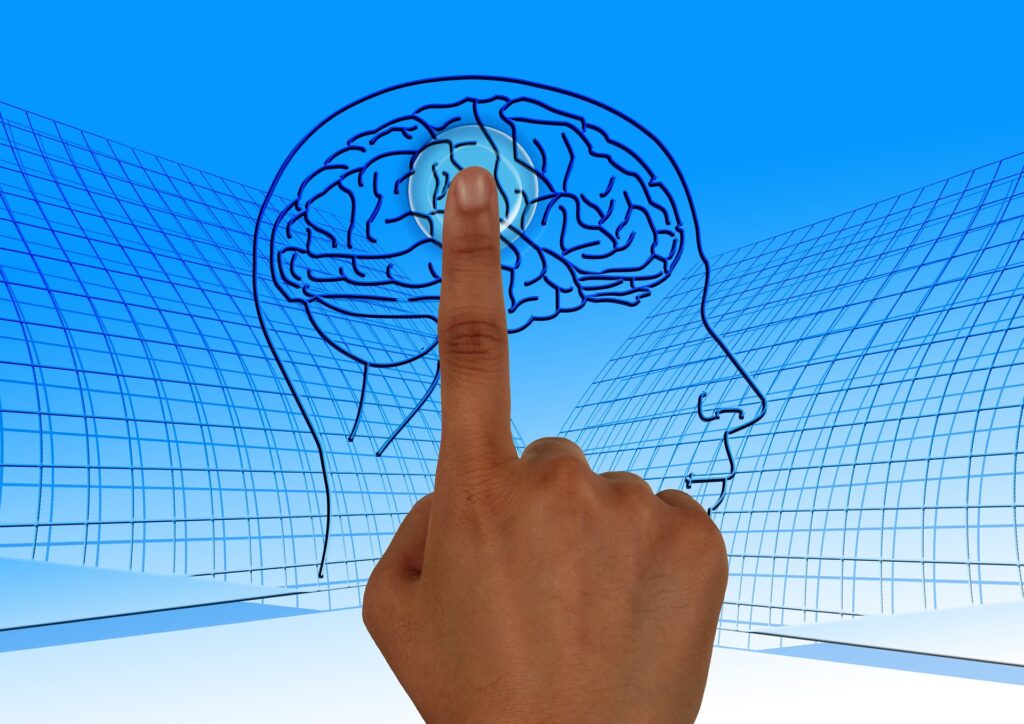Free Training & Career Tips... Subscribe to Get Weekly Career Tips

By Subscribing You are Agreeing to Terms and Conditions
In the past two years, the future of work has been accelerated worldwide. This has happened not only since the Covid-19 Pandemic lockdowns were enforced, but also due to increased automation. The resulting ‘double-disruption’ scenario that this has created has devolved into a great deal of uncertainty for labour markets worldwide.
According to the World Economic Forum Future of Jobs Report 2020, over and above the disruption caused by the pandemic and subsequent economic afflictions; by 2025, the adoption of new technologies will transform the workplace as we know it. This affects the tasks, jobs and skills that will be needed in the New World of Work. Hence, the workplace landscape is evolving at an exponential rate and will continue to do so as we enter the 4th Industrial Revolution.
Notwithstanding, the inputs into the Future of Jobs Report from those employers surveyed worldwide reveal that skills gaps remain high as in-demand skills across jobs are set to radically change leading up to 2025. That is right around the corner. The workplace of the past demanded a high degree of technical proficiency, which on its own, was sufficient to secure employment. Yet, in addition to technical skills and qualifications, the top skills that employers predict to gain traction and rise in prominence in the New World of Work, are, for all intents and purposes, not technical in nature at all. Rather, they fall under the ambit of what is described as “Soft Skills” and include self-management skills such as resilience, stress tolerance, flexibility and active learning. Skills that top the list are critical thinking and analysis and problem-solving. In this article, our focus is on the number 1 skill required in the New World of Work: Critical Thinking. Yet, it is all very well and fine to bandy around how important it is to harness these skills if we want to succeed in the future, but, do we really understand what they actually are?

To think critically or ‘critical thinking’ entails that we put ourselves in a ‘headspace’ that requires that we detach from subjective opinions and viewpoints, emotional responses, or personal bias. Since, critical thinking means that we analyse available facts, observations, evidence, and arguments to make a judgement. Hence, critical thinking is an intellectually disciplined process that requires that we skillfully conceptualise, synthesise and evaluate available information and use this to guide how we form our beliefs and subsequent actions.
Critical thinking also involves using data inputs at hand to make logical choices without giving into the urge to do things in a certain way simply because they have always been done that way. Critical thinking therefore involves a certain amount of time. While it may be quicker and easier to take instruction at face value, without taking the time to analyse the reasons for making certain decisions or performing certain tasks, one can easily fall into the habit of taking the easy way out. That is, performing tasks for the sake of doing them just to ‘tick a box’. Such activities can include inefficient use of resources or unnecessary meetings. Hence, the first step towards thinking critically is to ask yourself ‘why’ you are doing something. In describing our transition from ‘the way things used to be’ towards adjusting our thinking in a changing world, American Rock Band Supertramp sums up these sentiments rather well with a song that was released way back in 1979 – The Logical Song.
‘…When I was young, it seemed that life was so wonderful, a miracle, oh it was beautiful, magical
And all the birds in the trees, well they’d be singing so happily, oh joyfully, playfully watching me
But then they send me away to teach me how to be sensible, logical, oh responsible, practical
And they showed me a world where I could be so dependable, oh clinical, oh intellectual, cynical…’
From: The Logical Song – Supertramp, from the Album: Breakfast in America (1979)
The short and simple answer to this question is: people who can think critically most often make the best decisions. In the workplace, where daily decisions are made around such things as how best to communicate information, draw up a strategy or delegate tasks, critical thinkers are critical to have around.
Hiring managers that understand the benefits and merits of critical thinking will incorporate this key skill of the New World of Work into the recruitment process. Hence, when looking at potential hires, it is not difficult to gauge how someone goes about solving a problem. Ask them how they would handle a particular situation and then give them a chance to use their critical thinking skills as opposed to resorting to stipulated or emotional responses. Recruiting individuals with critical thinking skills pays huge dividends further down the line.
Applying critical thinking skills in the workplace will make you stand out as a problem solver. Not only does this improve your career prospects, but it also demonstrates your capacity for leadership among your team members.
The first thing that you should do is approach every situation with an open mind, in other words, with a clean slate. That is, you should be receptive to all available information. This means doing away with any personal bias or preconceived ideas. Yet, this is not always easy to do in practice. Learning from past mistakes means that you have formed long-standing beliefs and opinions and thinking ‘outside of the box’ means a whole new approach. Hence, when applying critical thinking to any situation, it is indeed critical that you analyse all components objectively.
Once you have objectively analysed a situation, you need to communicate your findings and decisions in an articulate manner. Always remain humble, tactful, and patient with people when explaining how you developed your conclusions and why you made certain decisions. Make use of available data to support your findings. However, one of the most important things to bear in mind when presenting a set of new ideas is that not everyone is able to remove emotions from the equation.

Reference sources: Wikipedia|WEF Future of jobs Report 2020|criticalthinking.org|learningscientists.org
Copyright text 2024 by Business Optimization Training Institute.